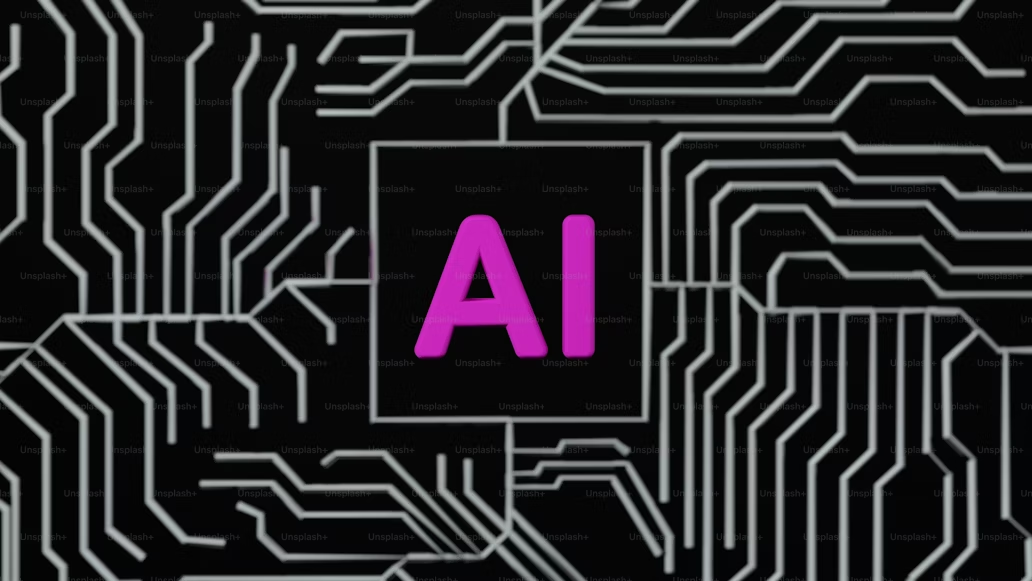February 16, 2025
In a groundbreaking move for the U.S. technology sector, a coalition of major tech firms has announced a strategic partnership to develop the next generation of artificial intelligence (AI) chips. The collaboration, which brings together some of the biggest names in the industry—including NVIDIA, Intel, and Microsoft—aims to revolutionize AI computing and accelerate the deployment of advanced AI applications across industries.
The new initiative focuses on designing custom AI processors that will be significantly more powerful and energy-efficient than current models. The goal is to create chips capable of handling the increasing demands of AI models, especially those used in machine learning, data analytics, and autonomous systems. With AI applications expanding into fields like healthcare, finance, and entertainment, the need for more efficient and powerful computing hardware has never been greater.
At the heart of the collaboration is the development of specialized chips that can process vast amounts of data with greater speed and precision. The partners are also focusing on innovations in chip architecture that will allow for faster training and inference in AI models. As AI systems become more complex, the need for processors that can support these technologies without generating excessive heat or consuming too much power has become a critical challenge for the
industry.
NVIDIA, a leader in AI graphics processing units (GPUs), will provide its expertise in parallel computing and deep learning, while Intel will bring its experience in silicon design and manufacturing to the table. Microsoft, which has been investing heavily in cloud computing and AI, will help integrate these new chips into its Azure cloud platform, allowing businesses to scale their AI workloads seamlessly.
The collaboration is seen as a direct response to the growing global competition in AI chip development, particularly from companies in China and Europe. By pooling resources and expertise, these U.S. firms aim to maintain leadership in the rapidly growing AI sector, which is expected to be worth trillions of dollars in the coming years.
However, while the partnership has been widely welcomed within the tech community, it also raises questions about market consolidation and the potential for monopolistic practices in the AI hardware space. Industry analysts will be closely watching how the project unfolds, particularly regarding the role of smaller chipmakers and the overall impact on the competitive landscape.
As the partnership moves forward, it promises to have far-reaching implications for AI technology and could reshape the way businesses and consumers interact with AI in the years to come.


